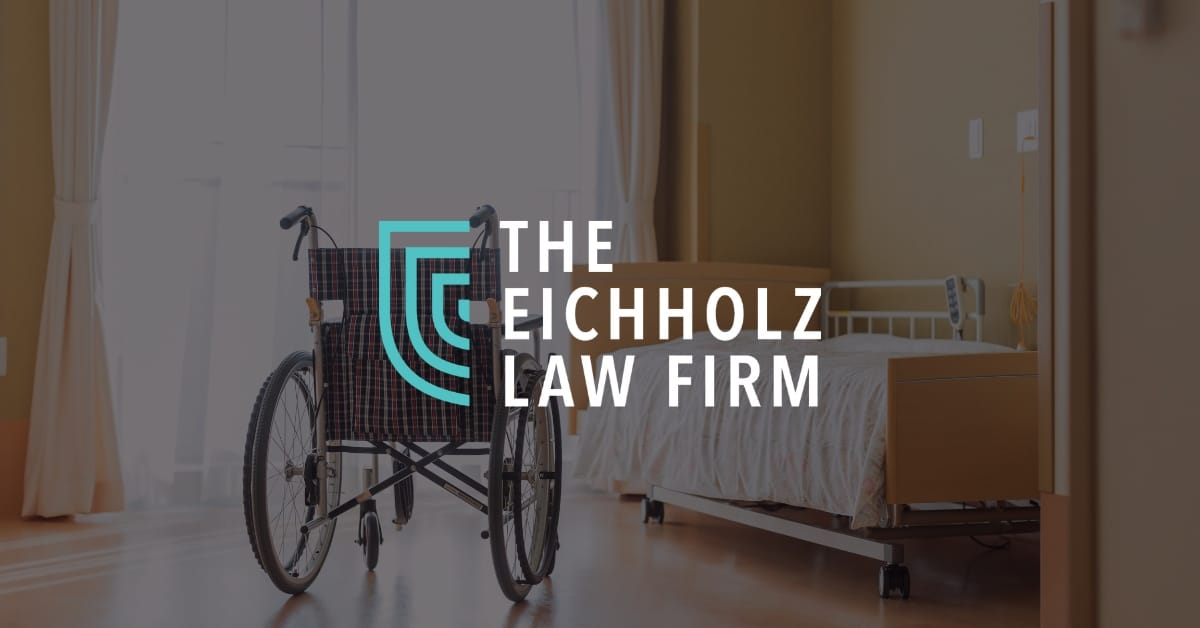Placing your loved one in a nursing home can be worrying. Over the years, nursing homes across the country have been called out for their improper care of patients. Sometimes the harm being done to your loved one is obvious, but more often than not, it’s subtle.
Harmful practices can come in different forms, and understanding how to notice these practices can help get your loved one out of a bad situation.
What Harmful Practices Take Place In Nursing Homes?
Many nursing homes have become notorious for their negligence towards patients. Many patients find their basic needs ignored by the staff. The staff may also be the cause of the patient’s suffering. Some nursing home officials have been reported as:
- Excessively restraining patients
- Providing them with medications with dangerous side effects
- Providing them with high doses of their medications
Along with those harmful practices, neglect can be found in many nursing facilities. Noticing this neglect can be difficult without direct testimony from your loved one. There are, however, some signs that you can pick up on that could mean that your loved one is the victim of harmful nursing home practices:
- Changes in their disposition- You probably know your loved ones well and have known them for an extended time. If you notice changes, whether big or small, in their personality or how they interact with others, that may be a sign of neglect. Becoming withdrawn, fearful, and stressed could signify that their emotional needs are not being met. Another significant indicator of disposition changes are changes to eating habits. Your loved one may be in distress if their weight heavily fluctuates during their nursing homestay.
- The staff seems distracted or unprofessional- Every once in a while, it’s normal to have a chaotic and busy day at work. But, if the atmosphere is like that every time you enter the nursing home, it could be a sign that it is not being managed well. Additionally, it is essential to pay attention to the staff’s attitude towards the other patients and be aware of how they interact with everyone in the facility.
- The staff refuses to answer your questions- If you are asking the staff about your loved one’s care and they are dismissive or do not know the answers to any of your questions, it may show that they don’t care or are not effectively communicating with other members of the staff.
- Your loved one does not want a specific caregiver- If your loved one feels uncomfortable with a specific caregiver in the facility, that may mean that caregiver wronged your loved one in some way. Your loved one shouldn’t have to feel uncomfortable while in the nursing home, so this may be a sign to remove them from the situation.
- Your loved one doesn’t look well-cared for- If you notice that your loved one looks as though they are dehydrated, malnourished, or overall appear disheveled, this may be a sign that the staff isn’t taking great care of them.
- If you have a bad feeling- More often than not, your body will give you hints that something feels off. If you have this feeling every time you visit with your loved one in the nursing home, there might be a cause for this.
If you are noticing any of these practices or believe something is wrong, the best solution would be to remove your loved one from that situation. Extended harm could come to them if the culprit behind their changes is neglect.
Types of Neglect
When many people think of nursing homes and the harmful practices behind their walls, many think of elder abuse. While elder abuse is a serious crime, neglecting the needs of the patients is equally as severe and can lead to serious consequences for the residents. There are three main types of neglect that goes on in nursing homes:
- Medical neglect- This form of neglect refers to the medical needs of the patient not being met. If your loved one needs daily medication, assistance in moving, or care for an illness and is not receiving it, the nursing home is endangering their life and threatening their well-being. Medical neglect can also include ignoring any injuries they have sustained and not reporting or taking care of them.
- Emotional and social neglect- Socializing is an integral part of maintaining a healthy mental state. If your loved one is purposefully isolated from others and not allowed to socialize, it can significantly affect their mental health. Isolating patients, specifically those who have issues with mental illness or those who need assistance to socialize, will make them feel disconnected and hopeless.
- Physical and basic needs neglect- If your loved one’s basic human needs are not met at their nursing home, that can cause major issues and make them more prone to developing injuries and infections. Some of these neglectful acts can include not regularly changing your loved one’s clothes or bedding, not cleaning their room, not making sure they are adequately bathed, and providing them with compromised food and drink.
Injuries and Long-Term Effects Caused By Neglect
Nursing home neglect can cause many injuries to the elderly, who are already at a much higher risk for sustaining injuries. The injuries they sustain could also develop and become more serious over time if they aren’t identified. Some injuries that are often the result of negligent nursing homes include:
- Broken bones
- Bedsores
- Bed rail injuries
- Burns
- Excessive bruising
- Infections
- New or ignored medical issues
- Any other unexplained or seemingly random injury
If you notice that your loved one has consistent injuries every time you visit them, it might be time to contact an attorney.
Contacting an Attorney
When contacting an attorney for your loved one, ensure that you have accurate and official documentation for their injuries. If possible, receiving a medical expert’s testimony about the conditions in which your loved one was kept can be beneficial for your case.
An attorney at The Eichholz Law Firm with experience with elderly abuse lawsuits will know exactly what damages to pursue compensation for and make sure that your loved one receives the amount they deserve. Contact us today for a free consultation.

